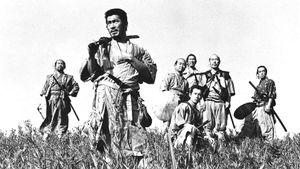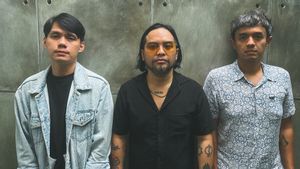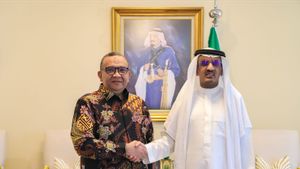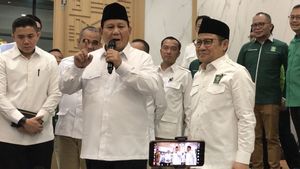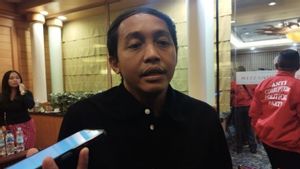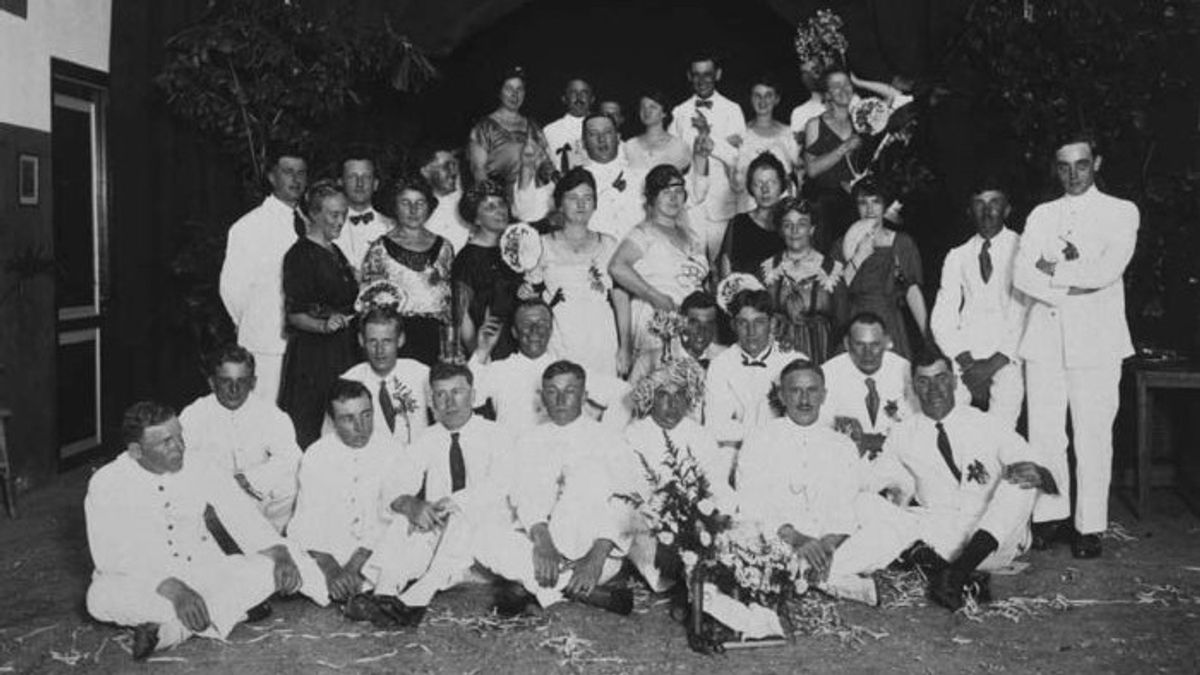
JAKARTA - Living in full of material glory is the dream of many people. The process of getting there varies. Some are struggling. There are also those who get wealth suddenly. These people are imaged as the new rich (OKB). OKB has been lasting since the Dutch era, including their characteristics that are synonymous with showing off, tacky, and fond of fun. Wealth does not save them from behavior not far removed from slaves.
OKB, which in fact is Dutch, has been milling around throughout the archipelago since the 17th century. Most of them did not come from respectable families, let alone aristocrats. They are a group of Dutch people who are marginalized, dismissed and with little education.
However, upon arriving in Indonesia they then took advantage of the privilege of being first class citizens in the Dutch East Indies. In the same breath, the Dutch got access to being rich.
Historian Hendrik E. Niemeijer said that the granting of this privilege is a common thing. This is because, almost on the streets of Batavia, OKBs often display the habit of showing off wealth and having a lowly taste.
The items on display looked diverse. Some showed off expensive jewelery, horse-drawn carriages, and showed off how many slaves had accompanied them.
We have reviewed in more detail about slaves as a symbol of people's wealth in the Dutch era in the article "When Slavery became a Symbol of Wealth in the Archipelago".
"What was meant by luxury at that time included expensive clothing and jewelry that were often worn and displayed by residents who were beyond their limits. Likewise, overeating parties, weddings, dressed in jubilant clothes, which were often done at that time, and silk umbrellas that were often done by female residents Apart from that, owning a large number of slaves as domestic servants also includes owning luxury goods, ”wrote Hendrik E. Niemeijer in the book Batavia: Colonial Society of the XVII Century (2012).

The OKB considers this form of wealth to be a sign of prosperity. Moreover, the Dutch who were already rich were known to splurge through the dance party. Through this activity, the Dutch "hypocrisy" could be seen in the financial sector.
This attitude is believed to be a strange combination of the habits of the Dutch people in their homeland who tend to be stingy, combined with the Portuguese customs in the Indies who tend to flaunt their wealth. "At parties or ceremonies that others can see, they are very extravagant. "
"But for other purposes that are not seen by many people, they are very stingy. Perhaps this attitude was taken because of the wealth of many Company officials who were not halal," wrote Siswandi in the book Ketoprak Jakarta (2001).
Show off your wealth at SocieteitOne proof of their extravagance is their extravagant and party-like attitude. The emergence of exclusive clubs such as Societeit de Concordia and Societeit de Harmonie in Batavia supported him.
Because of its exclusivity, the club cannot be accessed by just anyone, especially for the native and poor Dutch people whose salaries are below 500 guilders. Even if they insist, we can be sure that the poor Dutch have to work hard for several years in order to increase their rank.
The fruit, they are among the important people who party at Harmonie. Therefore, Societeit is used as a place to show off wealth. There, the OKB chat, lobby positions, and party.

Some were playing cards, playing ball, dancing to impress their superiors. The statement was not just empty words. Dutch painter Bas Veth, who had lived in the Dutch East Indies between 1879-1891, agreed with OKB's "tackiness" while at Societeit.
"The people we meet most often include those with the intention of making a profit which, in one way or another, are similar to gold panners or job seekers, who, if successful, then show the mentality of the new rich (OKB). Moreover, society is very conservative, drunken with degrees. social, and absolutely no one is interested in debates about thinking, "said Bas Vest as quoted by Bernard Dorleans in the book Indonesian & French: From the XVI Century to the XX Century (2006).
Get into slave habits
However, this easy life did not automatically change the standard of civilization for the Dutch population in Batavia. Since infancy, many Dutch children were given the care of slave girls.
This care was carried out by slave girls because many Dutch parents were unable or too lazy to care for their children. As a result, it is possible that boys may get education from private tutors, but girls learn almost nothing.
Sometimes the Dutch language was not fully mastered by Dutch children. As a result, the children spoke a lot of mixed languages of Malay, Portuguese and Dutch.
This mixed language became the only means of expression for Dutch children for life, whose parenting influence made most Dutch children think, work and act like slaves.
“Being raised by slaves and adopting their behavior, along with their habits. The children speak Malabar, Sinhala, Bengali and Portuguese. And when they got older, they had difficulty speaking Dutch properly and correctly, without mixing it with market Portuguese in it. " Close De Graaf quoted by Jean Gelman Taylor in the book Social Life in Batavia (2009).
MEMORY OtherThe English, Chinese, Japanese, Arabic, and French versions are automatically generated by the AI. So there may still be inaccuracies in translating, please always see Indonesian as our main language. (system supported by DigitalSiber.id)


